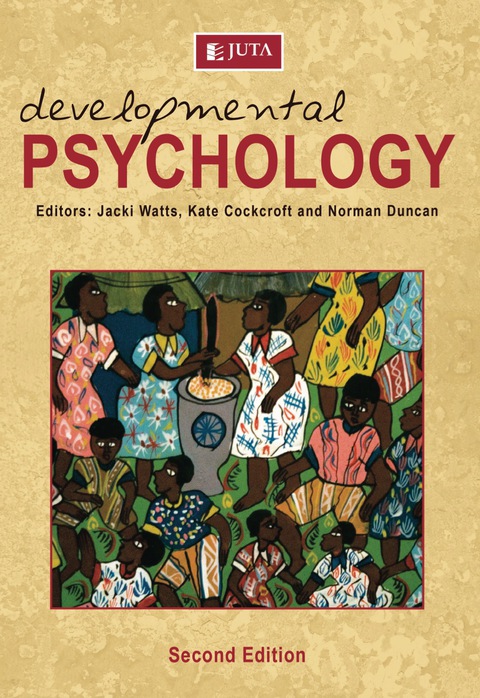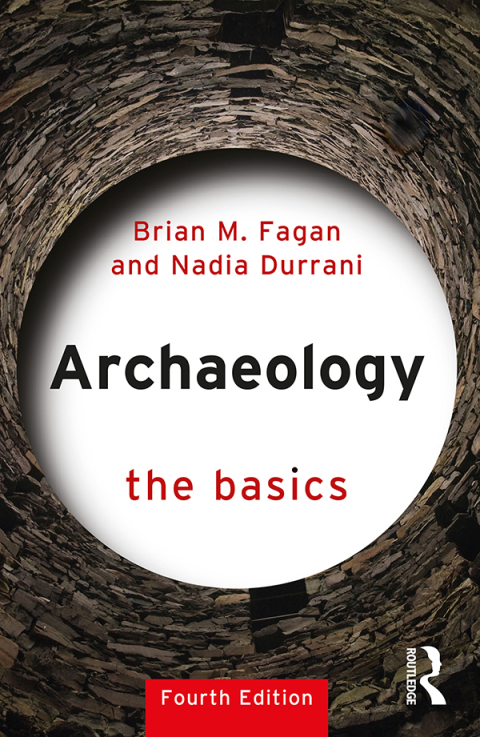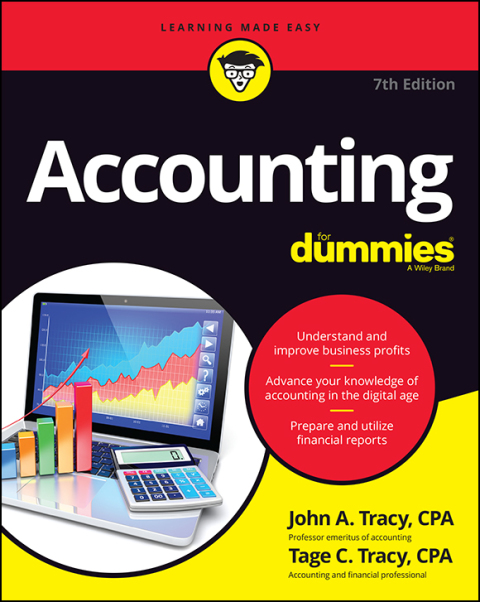Description
Efnisyfirlit
- Title page
- Imprint page
- Contents
- Notes on contributors
- Acknowledgements
- Introduction
- Chapter 1: Basic concepts and principles in developmental psychology
- Debates within developmental psychology
- Does development follow theory, or does theory follow development?
- Considering the contexts within which development occurs
- Conclusion
- Section One: Psychoanalytic approaches to development and personality
- Chapter 2: A basic introduction to psychoanalytic thought
- A brief historical introduction
- Star players on the early and current psychoanalytic stage
- Key psychoanalytic developmental assumptions
- A critique of psychoanalytic assumptions
- Recommended readings
- Chapter 3: Freud’s psychoanalytic theory of development and personality
- Freud, psychoanalysis and developmental psychology
- The concept of the unconscious
- Infantile and adult sexuality
- Psychosexual stages of development
- The Oedipus complex
- The structure of the mind
- The role of defences
- Pathology and neurosis
- The role of dreams
- Critiques of Freud’s developmental theory
- Recommended readings
- Chapter 4: Klein’s object relations theory of development and personality
- Introductory concepts
- Theoretical focus
- Psychological birth and selfhood
- The concept of an internal world
- The concept of psychic structure
- Innate capacity
- Positions
- A critique of Kleinian theory
- Recommended readings
- Chapter 5: Fairbairn’s contributions to object relations theory
- Introductory concepts
- Infantile dependency and the theory of motivation
- Theory of development and primary identification
- Endopsychic structure and the schizoid condition
- Fairbairn’s model of psychopathology
- Treatment Implications
- A mindmap of Fairbairn’s ideas
- Limitations and achievements of Fairbairn’s theory
- Recommended readings
- Chapter 6: Wilfred Bion: Thinking, feeling and the search for truth
- Introduction
- The significance of thinking in normal and thought-disordered people
- The development of thinking and the capacity for thought: the role of maternal reverie and containme
- Projective identification and the intersubjective origins of thinking
- The application of Bion’s container-contained model: Infant observation and child and adult psycho
- Love, hate and the search for psychological truth
- Understanding experience and relationship interaction in terms of linking, containing, and paranoid-
- A psychoanalytic theory of psychotic mental functioning
- Psychotic and non-psychotic parts of the self
- Psychological growth and mental health
- Critiques of Bion
- Recommended readings
- Chapter 7: Donald Winnicott
- Introduction
- Winnicott’s focus
- Impingement and appropriate failure
- The process of un-integration to integration
- Holding
- Primary maternal preoccupation
- The role of the father
- Good-enough mothering
- Transitional phenomena: transitional space and the transitional object
- The true self and the false self
- Recommended readings
- Chapter 8: Kernberg’s theory of normal and pathological development
- Introduction: meeting Otto Kernberg
- Overview of Kernberg’s developmental theory
- The basic units of development
- Processes of internalisation
- Stages of normal development
- Pathological development
- Narcissism
- Critiques of Kernberg’s theory
- Recommended readings
- Chapter 9: Heinz Kohut: Self psychology
- The history of self psychology in psychoanalytic theory
- The development of the self
- The implications of Kohut’s model for theory and technique
- Developments in self theory
- Implications for psychoanalytic practice in South Africa
- A critique of Kohut’s self theory
- Recommended readings
- Chapter 10: Attachment theory
- Introduction
- Bowlby’s attachment theory
- Internal working models
- Ainsworth’s Strange Situation and the patterns of attachment
- Attachment patterns in adulthood
- Attachment and temperament
- Attachment and affect regulation
- Attachment and psychopathology
- Attachment and culture
- The impact of AIDS on childhood development in South Africa
- A critique of attachment theory
- Recommended readings
- Chapter 11: Jung’s analytic theory of the development of personality
- Introduction
- The three levels of the psyche
- Complexes
- Archetypes
- The dynamics of personality
- Individuation and the self
- Jung’s theory of symbols
- Types of pathology
- Psychological types
- Dreams from a Jungian analytic perspective
- Critiques of Jung
- Recommended readings
- Chapter 12: Lacan’s mirror stage
- Introduction
- The source of the ego
- Challenges facing the newborn
- The image of the self
- The enabling function of the image
- Identification with the image
- Captation’ by the image
- Alienation through the image
- Conclusion
- Critiques of Lacan
- Recommended readings
- Chapter 13: Erikson’s psychosocial stages of development
- Introduction: differences between Freud and Erikson
- Basic assumptions of Erikson’s theory
- The eight stages of psychosocial development
- Stage 1: basic trust versus basic mistrust
- Stage 2: autonomy versus shame and doubt
- Stage 3: initiative versus guilt
- Stage 4: industry versus inferiority
- Stage 5: identity versus role confusion
- Stage 6: intimacy versus isolation
- Stage 7: generativity versus stagnation
- Stage 8: integrity versus despair
- Criticisms of Erikson’s theory
- Recommended readings
- Section Two: Cognitive development
- Chapter 14: Introduction to cognitive development
- Introduction
- The structure of Section Two: Cognitive Development
- A brief history of the study of cognitived evelopment
- Key cognitive developmental assumptions
- A critique of cognitive assumptions
- Recommended readings
- Chapter 15: Piaget’s constructivist theory of cognitive development
- Introduction
- Basic concepts underlying Piaget’s theory: schemes, operations and adaptation
- Piaget’s stages of cognitive development
- Object permanence
- Imitation
- Symbolic Representation
- Criticisms of Piaget’s theory
- Recommended readings
- Chapter 16: Intellectual development
- Introduction
- Issues encountered when defining intelligence: What is intelligence?
- Perspectives on intellectual development
- The psychometric approach to intelligence
- Critical evaluation of the psychometric approach
- The cognitive approach to intelligence
- Critical evaluation of the cognitive approach
- The concept of ‘emotional intelligence’
- Changes in intelligence: Is global intellect rising?
- Intelligence and ageing
- Intelligence and creativity
- Recommended readings
- Chapter 17: Memory development
- What is memory?
- Models of memory
- The development of memory
- The development of memory strategies
- Metacognition
- Memory in later life
- Recommended readings
- Chapter 18: Language development
- What is language?
- The main theories of language acquisition
- The process of spoken language development
- The process of learning to read
- Disorders of language development
- The relationship between language and thought
- Recommended readings
- Chapter 19: Kohlberg’s theory of moral reasoning
- Introduction
- The cognitive developmental approach
- Piaget’s influence
- Kohlberg’s stages of moral development
- Critiques of Kohlberg’s theory
- Conclusion
- Recommended readings
- Chapter 20: Evolutionary psychology
- Introduction
- What is evolution?
- Mechanisms of evolutionary change
- What is an adaption?
- Key principles of an evolutionary psychology approach
- What evolutionary psychology is not
- The development of the brain and the role of genes
- Aspects of development within an evolutionarypsychology framework
- Cognitive development and evolutionary psychology
- Critiques of evolutionary psychology
- Recommended readings
- Chapter 21: Contributions of cognitive science approaches to cognitive developmental psychology
- Cognitive science approaches to the development of autobiographical memory
- Cognitive science approaches to the development of theory of mind
- Recommended readings
- Chapter 22: Vygotsky’s theory of the development of cultural tools
- Historical background
- The relationship between ontology and epistemology
- Vygotsky’s epistemological position: dialectical historical materialism
- Vygotsky’s ontological framework for understanding human development
- The role of tools in the production of human consciousness
- Human consciousness is unique: the relationship between higher and lower mental functions
- Human consciousness as the transformation of the external into the internal
- The developmental phases in the acquisitions of tools
- The role of social interaction in the development of mind
- Vygotsky’s conceptualisation of development: sociohistorical development
- Vygotsky’s description of sociohistorical development
- The historical interpretation of Vygotsky’s work
- The Western interpretation of Vygotsky
- The varying interpretations of Vygotsky’s theoretical terms
- Conclusion
- Recommended readings
- Section Three: Psychosocial and socio-political contexts of development
- Chapter 23: Developmental psychology: Critiques and contextual considerations
- The history of developmental psychology
- Critical developmental psychology
- Recommended readings
- Chapter 24: Bronfenbrenner’s ecological theory of development
- The importance of a contextual approach to development
- The role of the individual in development
- Multi-person systems of interaction
- The dyad as a basic unit of analysis
- The ecological environment
- A new approach to environmental interventions
- The notion of ecological transitions
- A conclusion on the ecological perspective
- A critique of Bronfenbrenner’s ecological theory
- Recommended readings
- Chapter 25: Violent crime and human development in South Africa
- Introduction
- Definitions of crime, violence and violent crime
- The extent and magnitude of violent crime in South Africa
- The cascading social impact of violent crime
- Various factors that influence human development and violent criminal behaviours
- Interactional factors and violent crime
- Developmental sequelae associated with exposure to violent crime: a focus on adolescence
- Conclusion
- Recommended readings
- Chapter 26: The effects of trauma on child development: Children in South Africa
- The South African context of childhood development
- Psychological trauma as understood within a diagnostic system
- Conclusion
- Recommended readings
- Chapter 27: Critical issues in developmental psychology
- Adopting a critical perspective
- Scrutinising some of developmental psychology’s dominant assumptions
- The powerful effects of developmental psychology
- Five basic criticisms of developmental psychology
- Recommended readings
- Chapter 28: Race, culture and psychological theory
- Introduction
- Events surrounding the birth of psychology as a discipline
- The racism of psychology
- Psychology and culture
- Psychology in a racialised society
- In search of a more appropriate psychology
- Human Development: A West African conceptual framework
- Conclusion
- Recommended readings
- Chapter 29: Gender identity: Contestations and questions
- Introduction: The relationship between ontology and epistemology
- Defining gender
- The developmental process of gender identity formation
- Explanations of gender identity formation
- Conclusion
- Recommended readings
- Chapter 30: Theory and South African developmental psychology research and literature
- Theoretical frameworks
- Conclusion
- Recommended readings
- References







Reviews
There are no reviews yet.